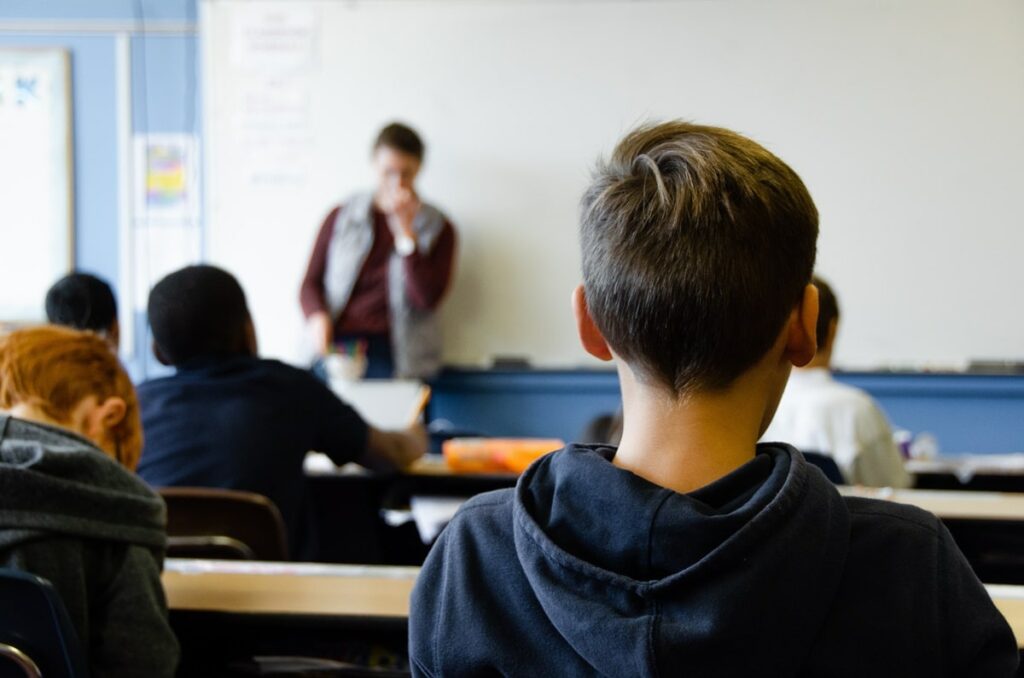As children start school this September, one of the biggest talking points is absenteeism. According to recent government figures, the level of persistent absence (where pupils miss 10 per cent or more of school sessions) has doubled since the year before the pandemic. More than one in five (22.3 per cent) pupils in England were persistently absent in 2022-23, compared with just 10.9 per cent in 2018-19.
Data also suggests that the persistent absence rate in the North East was the highest across all regions, at 30.5 per cent, above the national rate of 28.3 per cent. The media is now referring to the state of school absenteeism as a “crisis in pupil attendance.”
Experts cite a variety of reasons for lack of attendance, including poor mental health and anxiety among young people, which was a growing concern before the pandemic and has deteriorated since. This is especially prevalent for children and families facing disadvantages. Deprivation and poverty have always been barriers to school attendance, but the upheaval caused by Covid-19 and the cost of living crisis that followed has resulted in many more families struggling. Pupils eligible for free school meals – a key measure of disadvantage – have higher absence rates. In 2020-21 the absence rate for these pupils was more than double the rate for non-eligible pupils (7.8 per cent compared with 3.7 per cent).

Frank Norris, education adviser to the Northern Powerhouse Partnership, says to solve the crisis of absence, schools in more deprived areas need support to re-engage not just children, but also their families, after the pandemic.
Norris argues that parents struggling to pay for electricity, heating and food often won’t be focused on getting their kids into school, much as they might want to. “In the most acute areas, the stress in families is worse than I’ve ever seen,” he says. Food trumps school if the choice must be made.
A great deal of pressure is placed on Headteachers and classroom teachers to cajole children into school when, in reality, the people with the greatest amount of influence in a child’s life are their parents and carers. One way to relieve the burden on schools to keep child numbers up is to support parents who are struggling to send their children to school.
The stress poverty places on parents and children can be overwhelming and with support cut due to budget restraints, families may face the trauma of financial deprivation alone. Many parents who take part in our programmes feel isolated and lonely in their parenting; frustrated by their circumstances – often times a result of generational or situational poverty. When you’re tired, hungry and cold, parenting challenges are exacerbated – chaotic even.
Whilst Kids Matter cannot fix poverty, our programmes equip parents with the confidence and competence to build strong family relationships in spite of their circumstances, enabling their children to thrive. Our parenting programmes also focus on community, which can offer families stability, where they can feel secure, connected and empowered.
Headteacher Fiona Booth comments on the impact Kids Matter has had on children within the context of her school community:
Our engagement from the parent body at school has increased, sleep routines at home have improved and attendance of children whose parents attended Kids Matter is up.
Read Fiona’s full story here.
Trusting relationships are vital for reducing the impact of poverty. This means organising support provision so that those who need help have someone they trust and can turn to on an ongoing basis, and who is equipped to understand a wide range of issues they may be facing simultaneously.
When parents are supported and feel confident in their parenting, they will be more resilient, and this will have ripple effects, including the possibility of improved school attendance. However, if families facing disadvantages are left to do it alone, the devastating impact of poverty will increase in severity.
To find out more about our vision to see every child in need raised in a strong family, visit kidsmatter.org.uk.